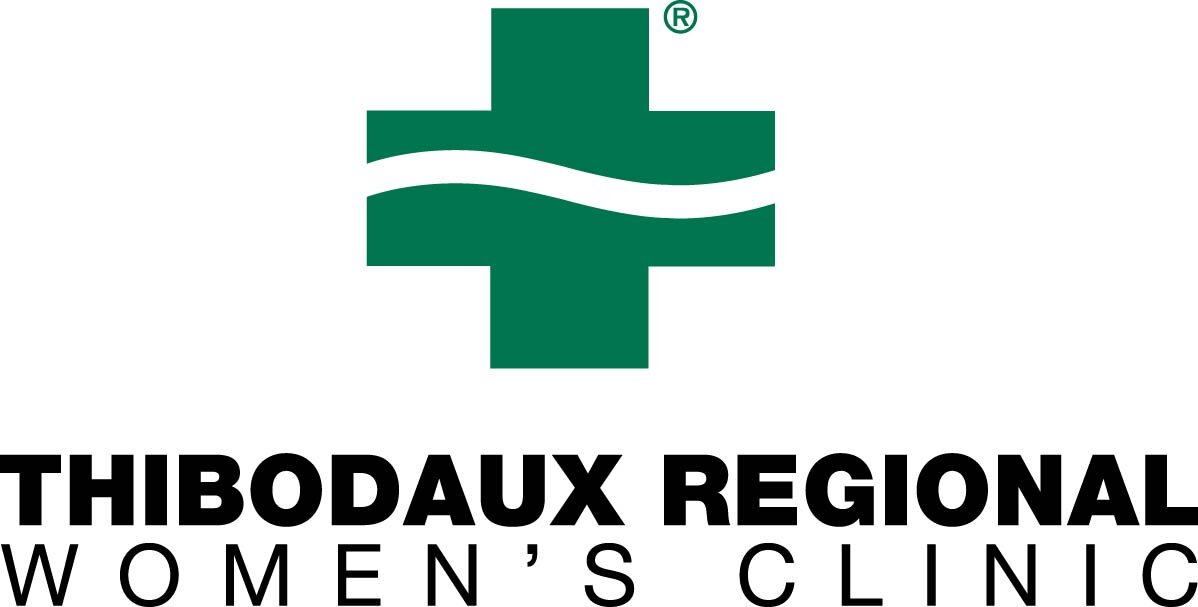Recommendations for Attempting Pregnancy
1. Start a prenatal vitamin with at least 400mcg Folic Acid 400mcg (available over the counter). Ensure that you are up to date on your pap smear (if you are over 21) and other general health issues. Please schedule an appointment if you have any major medical problems prior to attempting pregnancy.
2. Determine your ovulation time. This usually occurs 14 days prior to the start of your period. Your menstrual cycle is measured from the first day of bleeding in one period to the first day of bleeding in your next period. This is usually about 28-30 days. If your average cycle length is 30 days, your ovulation time would be: 30 – 14 = 16. So day 16 would be your likely ovulation time (again, measured from the first day of bleeding being day #1).
- If your cycles are longer than 34 days, let your doctor know.
- If your cycles are irregular, try using the longest cycle and shortest cycle.
- Ovulation predictor kits can greatly assist you in determining your time of ovulation (digital kits which give smiley face or yes/no are easiest to use). We strongly recommend you use ovulation predictor kits to determine when you are ovulating.
3. Once you expect ovulation, have intercourse every day or every other day beginning 4 days prior to ovulation. If your cycle is 30 days in length, have intercourse on day 12, 14, 16.
4. We recommend you attempt pregnancy by this method for 3-6 months. If your cycle length is fairly regular, you have a high change of becoming pregnant using the method above. If you are not pregnant within 6 months, call our office so we can discuss other options.
